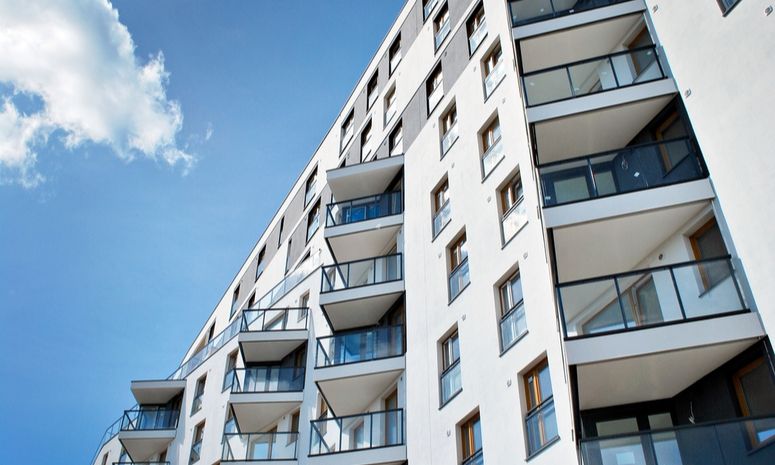Before you make a purchase, here's what you should know. For some people, purchasing a condo is a good investment, while for others, it is a bad one. So, how do you know if it's the right decision for you? By answering a few questions and performing some calculations. First, figure out how much annual rent you'll get and how much you'll spend. Real estate taxes, insurance, upkeep, and repairs are just a few examples of costs. There are also costs for finding tenants through advertising, legal fees, and repair costs in the event that a tenant damages the property. Tip: Read John Reed's "How to Get Started in Real Estate Investing" for more information about the factors to consider when buying a condo.
Make a Calculation: A Condo Investment Example
Consider this scenario: You come across a condo for $55,000 that you can afford to buy right now. Rent will cost $750 per month ($9,000 annually). This appears to be a 16.4 percent return ($9,000 divided by $55,000). However, before you get too excited, consider the following costs:- The annual tax on real estate is $1,000.
- A year's worth of insurance costs $400.
- Maintenance and repairs are estimated to cost around $300 per year.
- The condo will be empty for about one month per year (at the cost of $750).
- You'll need to spend $150 per year on advertising whenever it's vacant.
- You estimate that once every five years, you will have a bad experience and will have to pay $5,000 in legal fees and additional repair costs (roughly $1,000 per year).
- These expenses add up to $3,600 per year (roughly $300 per month). Your net rent is now $5,400 ($9,000 minus $3,600), which equates to a 9.8% net rental yield, which is still a good deal.
Other considerations include condo assessments and association dues
You'll also require to find out if the condo you're looking at has association fees and how often you'll have to pay assessments, which are costs incurred to maintain the condominium's common areas. The assessment could cover costs for improvements to the building's exterior, landscaping, parking lot and parking garage repairs and maintenance, and any costs related to any common areas, like a main lobby or entranceway. Before calculating the expected return on your condo investment, you should include these costs in your expense estimate. Before investing in real estate, you should evaluate your assumptions' realistic. Here are some more questions to think about when deciding if buying a condo is a good investment:- Is your condo located in a high-demand rental area, such as near a college?
- Is it in an area that is becoming more or less popular?
- Is it possible that a major employer in the area will close, lowering rental demand?
- Is it possible that a new condo development will be built nearby, forcing yours to make costly improvements in order to compete?


